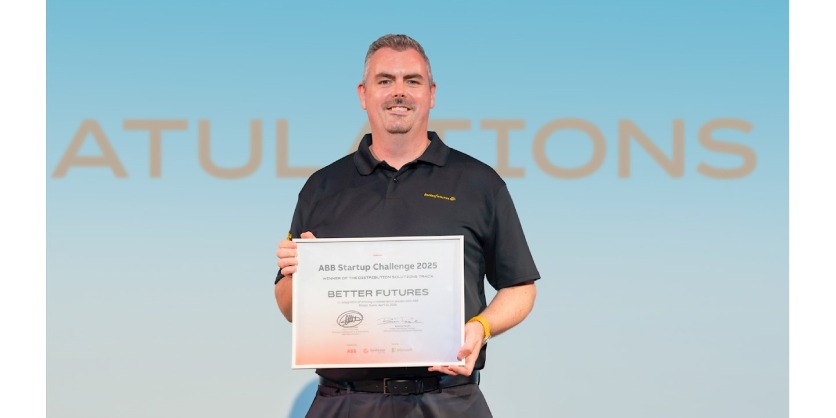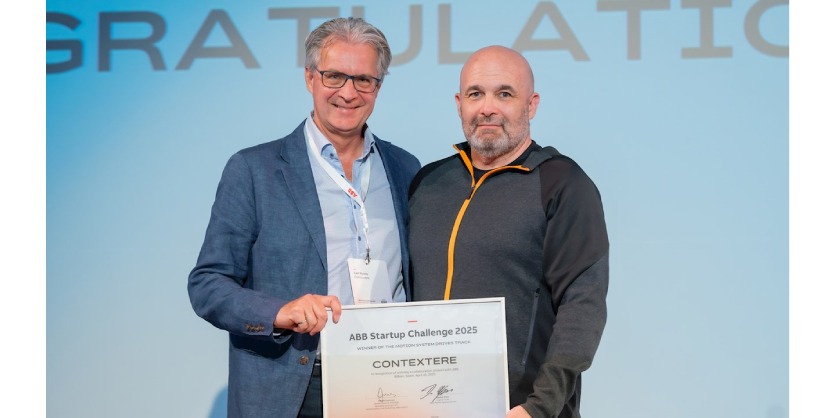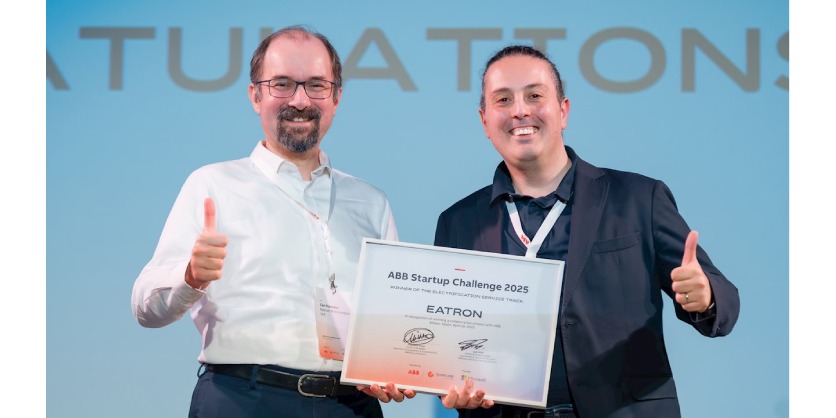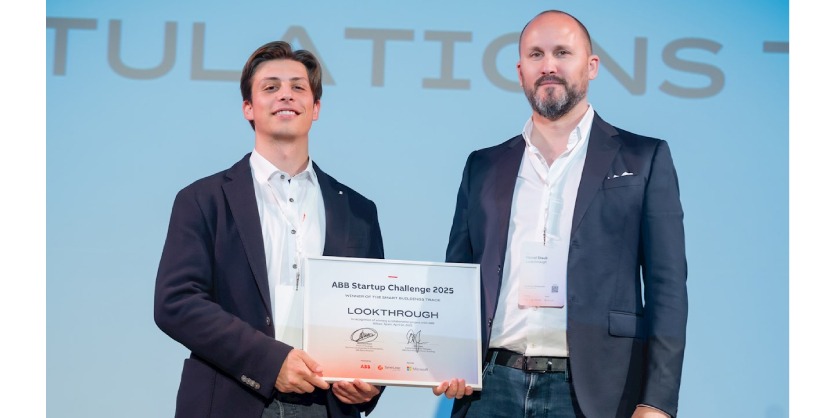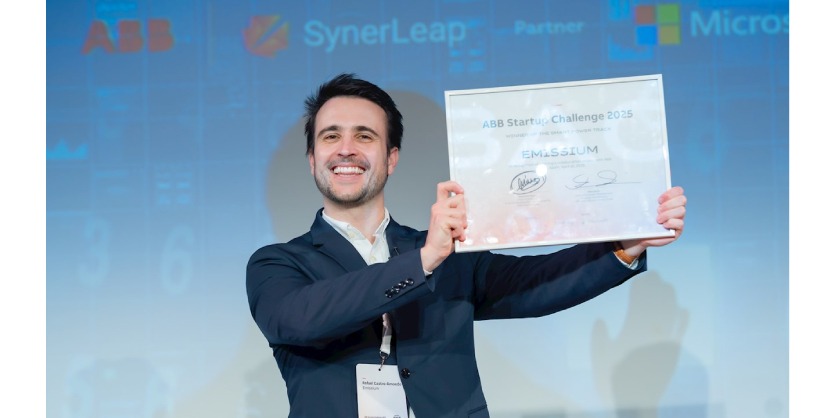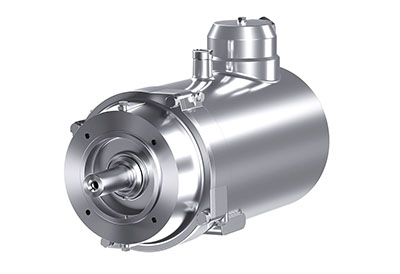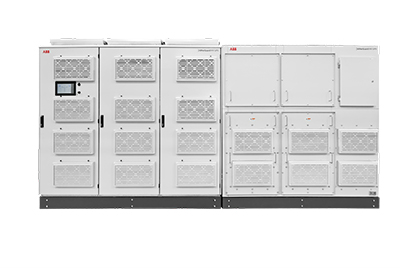ABB Startup Challenge 2025 Winners Power Up the Energy Transition with AI Solutions
April 15, 2025
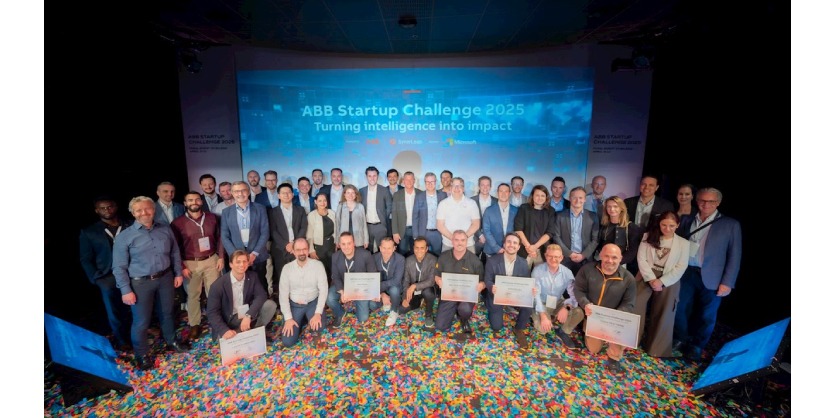
• ABB announces five winners of its annual Startup Challenge
• 15 finalists pitched their innovative AI-powered solutions to tackle key global energy challenges
• Five winners each receive US$30,000 for a collaboration project with ABB to develop their technology solutions ready for launch
Five pioneering startups have won ABB’s 2025 Startup Challenge by showcasing how their innovative approach could help make energy use smarter in industry, buildings, power grids and utilities. Selected from more than 155 applicants from 37 countries, each winner will receive US$30,000 for a collaboration project to co-develop a solution for potential commercialization. ABB experts will work with each winner to develop a Minimum Viable Product (MVP) with the opportunity to launch a global solution for ABB’s customers and partners.
Now in its sixth year, the ABB Startup Challenge is an annual competition to develop novel solutions to our most pressing energy challenges. As well as the collaboration project, winners receive mentoring from Microsoft and Synerleap’s startup advisors, ABB’s startup accelerator.
“The ABB Startup Challenge enables us to identify talented entrepreneurs and nurture the fresh thinking that is needed to address key energy issues. ABB and startups have complementary capabilities, so we can support each other with insights and expertise to develop new and innovative solutions and business models,” said Massimo Muzzì, Head of Strategy, Business Development and Sustainability, ABB Electrification. “We are actively seeking long-term collaborations and investment with startups as part of our open innovation strategy. Our startup challenges are incredibly important to ABB. More than a quarter of the US$80m ABB Electrification has invested in startups since 2020 has been spent on solutions that we’ve identified and developed through our annual competitions.”
The 2025 winners are:
- Emissium from Switzerland won with their proposal for a comprehensive software platform designed to bring real-time intelligence and AI-powered optimization to Distribution System Operators. This would help to effectively track and reduce emissions, optimize operational and capital expenditures and improve infrastructure planning. The Emissium tool combines advanced data analytics, forecasting algorithms and digital twins to deliver actionable insights.
- Better Futures from Dublin, Ireland, won with EVA, the first AI assistant platform built for engineers that automates up to 80% of the relay configuration and validation process. Engineers spend up to 50% of their time on documentation, verification and knowledge retrieval. EVA automates these tasks, allowing engineers to focus on high-value work to boost productivity.
- Swiss Lookthrough proposed an AI-powered software tool for real estate decarbonization that seamlessly integrates with the ABB energy management ecosystem. This will empower building owners to not only monitor their energy consumption in real time but also take control of long-term retrofit planning and optimize their buildings as physical assets by modelling different scenarios.
- Contextere from Ottawa, Canada pitched ‘ABB Madison DrivePilot’, an AI tool designed to provide immediate insights of drive performance in an operational environment. Built on Madison, Contextere’s foundational insight engine, DrivePilot provides real-time decision support to streamline the commissioning, optimization, operation and maintenance of motion drives.
- Eatron Technologies from the UK were successful with their AI-powered Battery Optimization Software that enhances battery safety, longevity and performance. Eatron’s solution uses machine learning, physics-based models and data analytics to optimize battery performance, predict failures and reduce downtime.
Each winning project has the potential to become a market-ready MVP within six months. More than 20 MVPs have already been delivered since the annual ABB challenges started in 2020. ABB continues to collaborate with several winners and finalists from previous years, helping them to secure lucrative commercial contracts.
ABB is a global technology leader in electrification and automation, enabling a more sustainable and resource-efficient future. By connecting its engineering and digitalization expertise, ABB helps industries run at high performance, while becoming more efficient, productive and sustainable so they outperform. At ABB, we call this ‘Engineered to Outrun’. The company has over 140 years of history and around 110,000 employees worldwide. ABB’s shares are listed on the SIX Swiss Exchange (ABBN) and Nasdaq Stockholm (ABB). www.abb.com
More Information
You can find out more about the ABB Startup Challenge here: Official | ABB Startup Challenge 2025.
Related Story
ABB Ranked Second Top Swiss Company for Patent Applications in 2024
With 540 patent applications, ABB has secured second place among Swiss companies in the European Patent Office’s (EPO) Patent Index 2024, jumping from fourth place in 2023. The annual list of patent applications is published by the EPO in Munich, Germany, and highlights the companies and countries with the highest number of patents across the globe. ABB was the only company in the top 5 in Switzerland to record a year-on-year increase (+10.7%), moving up nine places from 45th to 36th place in the EPO’s global top 50 ranking.


